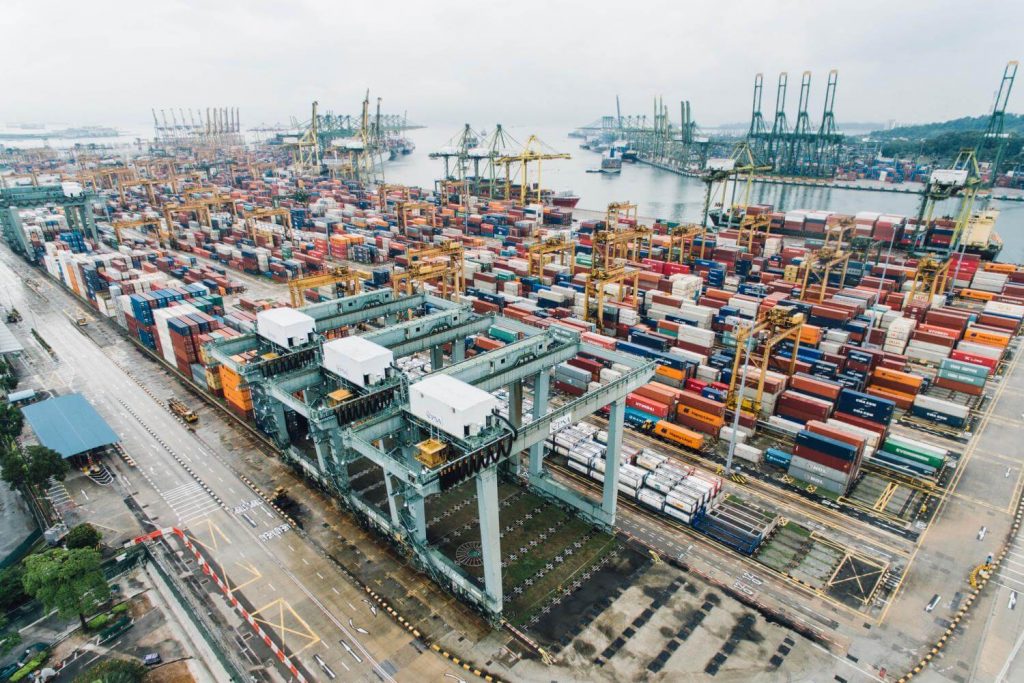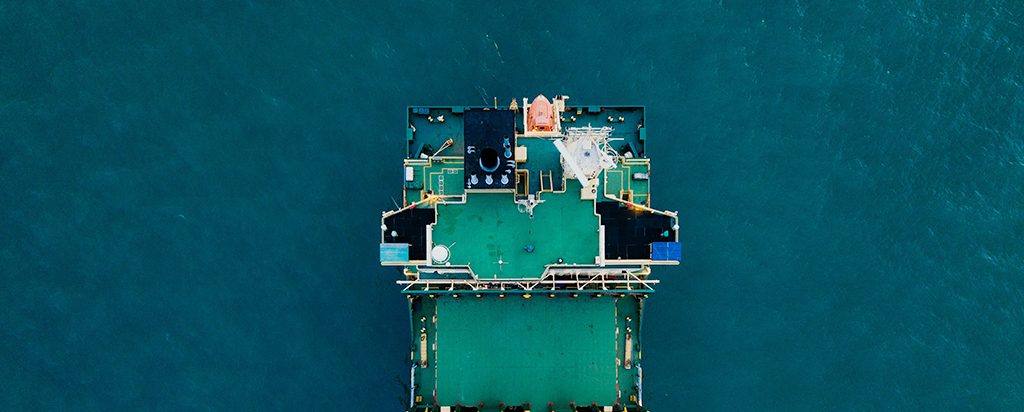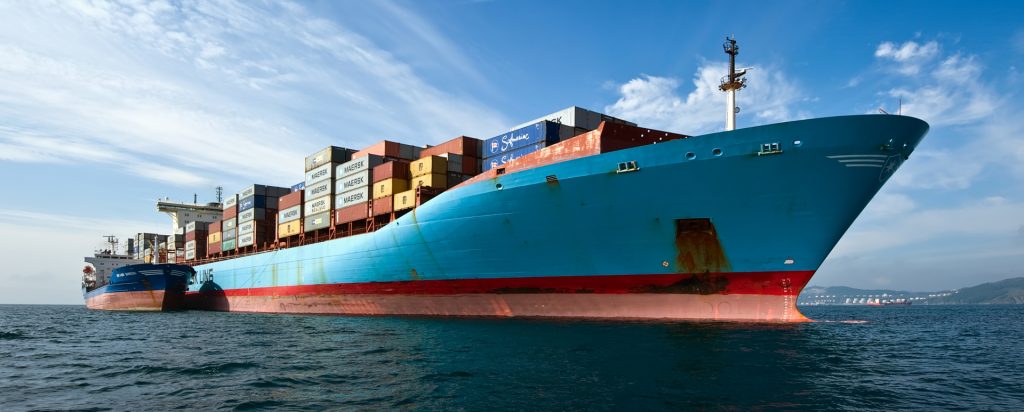Port Competition is intensifying between bunkering hubs with approximately 400 existing major bunkering ports in the world. Selected countries take the prime market share with a handful of them accounting for more than 50% of the world bunkering demand, including Singapore, the Netherlands, the UAE, the US, China, and South Korea. Today Singapore, Rotterdam and Fujairah are the world’s top major bunkering ports.
The implementation of the International Maritime Organizations’ 0.5% sulfur cap on marine fuels in 2020 is expected to impact bunkering hubs, with the availability of compliant fuels potentially causing a shift in today’s ‘balance’ of top bunkering destinations. In post 2020 there will be a greater concern on product quality in the bunkering industry, rather than just pricing so this could drastically influence the less competitive bunkering ports.
The availability of compliant bunker fuel will be critical in retaining competitive advantage and attract bunker buyers in post 2020 bunkering hubs; but other factors can also play a critical role.
At the recent World’s Ports Conference (WPC) 2019, themed “Open Cooperation, Shared Future,” constructors and operators of ports around the world expressed their expectations and hope for increasing connectivity and prosperity with the words “digitalization” and “sustainability” being the most frequently used by the conference participants (Bunker Ports News Worldwide).
The port of Singapore has already established mandatory standards and guidelines for bunkering fuel operations and “is able to provide a level of service which is unmatched by other ports in terms of efficiency, while providing bunkers at cheaper prices than most parts of the world… The ease of maritime business is being pushed by a strong central administration in the Singapore Maritime and Port Authority that takes direct ownership of all directly and indirectly shipping related matters and focuses on personal and flexible provision of services” (Manifold Times).
Digitalization also accounts as a top priority for ECSA – the European Community Shipowners’ Associations, (Naftemporiki).
Digitalization, Port Efficiency & Transparency. The Bunkering at Sea Case.
The Bunkering as Sea platform can work as an innovative digital tool for the efficiency of global port authorities. The platform technology allows for the full transparency of bunkering sales procedures, within a port destination.
Benefits include data collection from all bunkering transactions in relation to a specific port that can be centrally evaluated to attract bunker buyers. The formation of a long term policy on competitive port strategy as a bunkering hub, better quality control of the marine fuels sold, as well as new revenue streams for the commercial profile of the port could prove to be very beneficial for tomorrows’ uncertain landscape.
Request a Demo! Find out more today about the benefits of Bunkering at Sea.


